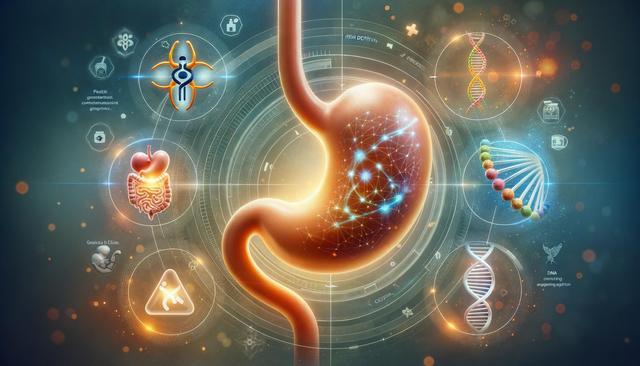Surgery as a Primary Treatment Approach
Surgery is often one of the primary methods used to treat stomach cancer, especially in cases where the cancer is detected at an early stage. The goal of surgery is to remove part or all of the stomach, along with surrounding tissues that may contain cancer cells. There are different types of surgical procedures depending on the cancer’s location and spread:
- Subtotal (partial) gastrectomy – removal of part of the stomach
- Total gastrectomy – removal of the entire stomach
- Lymph node dissection – removal of nearby lymph nodes for analysis and to prevent spread
Recovery from stomach cancer surgery can be extensive. Patients may need nutritional support and ongoing monitoring to manage side effects or complications. In some cases, surgery is combined with other treatments like chemotherapy or radiation to enhance effectiveness.
Chemotherapy as a Systemic Treatment Option
Chemotherapy uses drugs to kill cancer cells or stop them from growing. It is often recommended before surgery (neoadjuvant chemotherapy) to shrink tumors or after surgery (adjuvant chemotherapy) to eliminate remaining cancer cells. In advanced stages of stomach cancer, chemotherapy may be used to relieve symptoms and slow progression.
Common chemotherapy drugs for stomach cancer include combinations that may be administered intravenously or orally. The treatment is typically given in cycles over several weeks or months. Side effects can vary based on the drugs used and the individual’s response, and may include:
- Nausea and vomiting
- Fatigue
- Hair loss
- Increased risk of infection
Supportive care and medications are often provided to help manage these side effects. Treatment plans are tailored to balance efficacy with quality of life.
Radiation Therapy for Targeted Cancer Control
Radiation therapy involves using high-energy rays or particles to destroy cancer cells. While not commonly used as a standalone treatment for stomach cancer, it plays a significant role when combined with other therapies. Radiation may be used:
- Before surgery to shrink tumors
- After surgery to kill residual cells
- For palliative care to relieve pain or bleeding
This treatment is usually delivered externally and is carefully planned to minimize damage to surrounding healthy tissues. Patients may undergo multiple sessions over several weeks. Side effects can include fatigue, skin irritation, and digestive discomfort, but these are generally temporary and manageable with medical support.
Targeted Therapy and Immunotherapy
In recent years, advances in medical research have introduced targeted therapy and immunotherapy as emerging options for stomach cancer treatment. Targeted therapy involves drugs that specifically attack cancer cells with certain genetic changes. These treatments can help slow or stop tumor growth with fewer side effects compared to traditional chemotherapy.
On the other hand, immunotherapy boosts the body’s immune system to recognize and fight cancer cells. It is typically used in cases where stomach cancer has advanced or does not respond well to other treatments. These therapies are based on identifying biomarkers in the tumor, which help determine eligibility for treatment. Common side effects may include immune-related reactions, such as inflammation in various organs, but these are closely monitored by healthcare teams.
These innovative treatments are not suitable for everyone, and genetic testing of the tumor is often necessary to identify candidates who may benefit from them.
Supportive and Palliative Care
Regardless of the treatment path chosen, supportive care plays a vital role in maintaining the patient’s well-being. This includes nutritional support, pain management, psychological counseling, and social services. Palliative care is especially important for patients with advanced stomach cancer. It focuses on relieving symptoms and improving quality of life rather than attempting to cure the disease.
Key components of supportive care include:
- Dietary planning to ensure adequate nutrition
- Pain and symptom management
- Emotional and psychological support
- Physical therapy and rehabilitation
Incorporating supportive care early in the treatment process can lead to better outcomes and help patients cope with the physical and emotional challenges of stomach cancer treatment.


